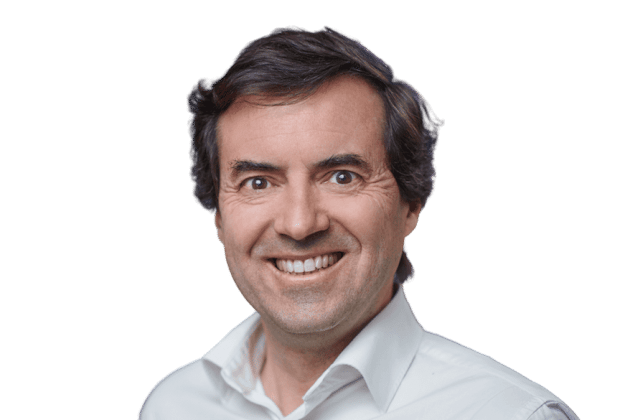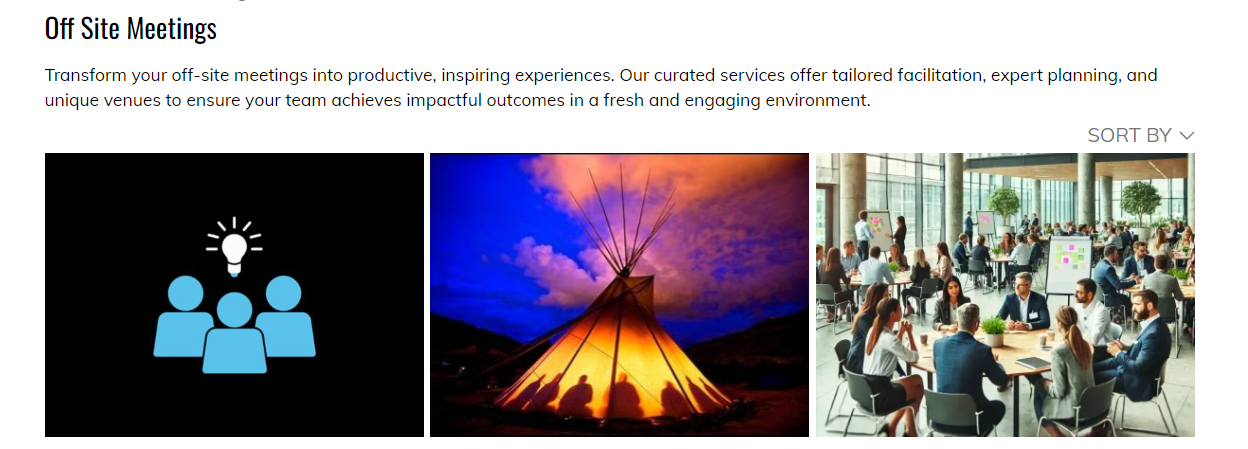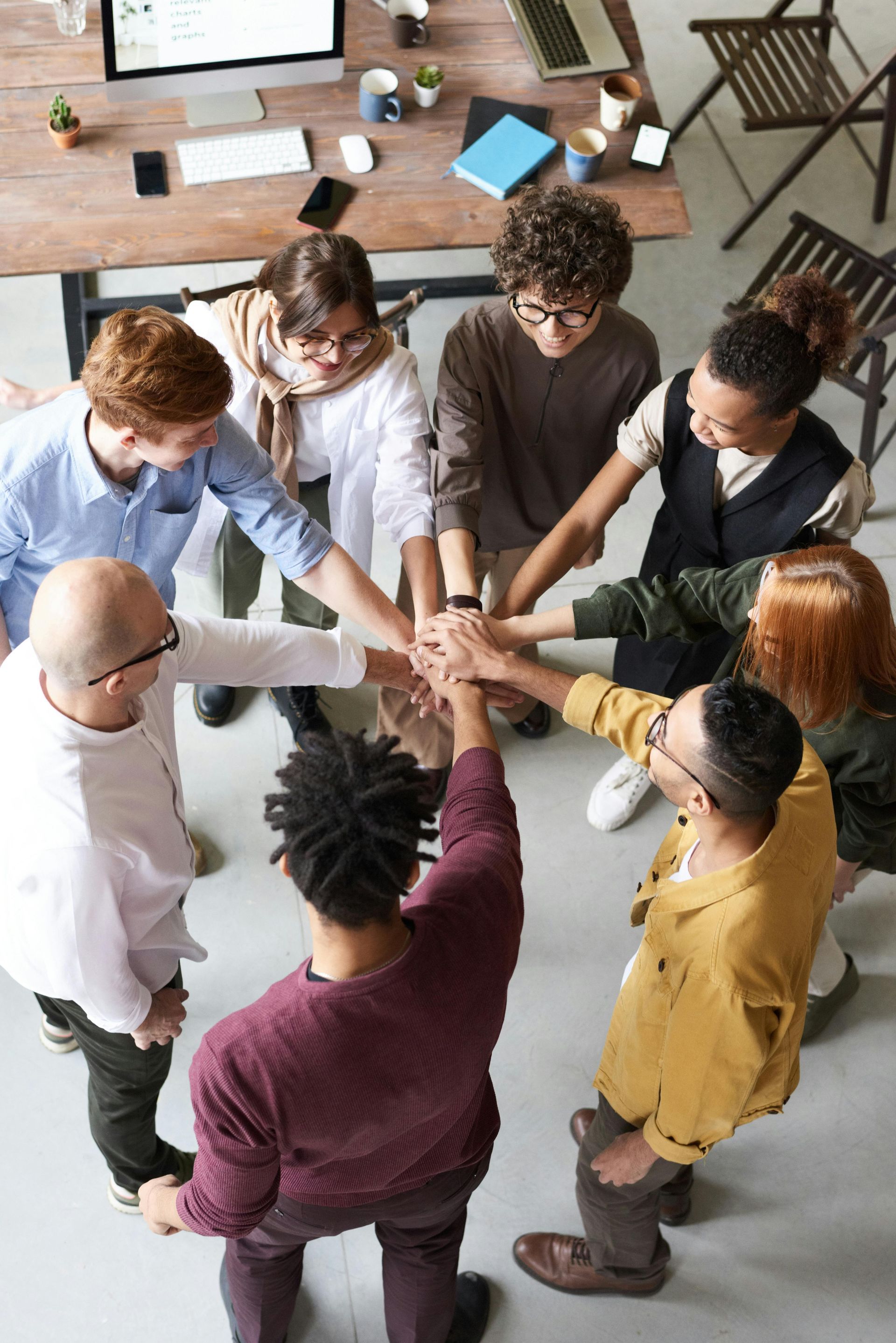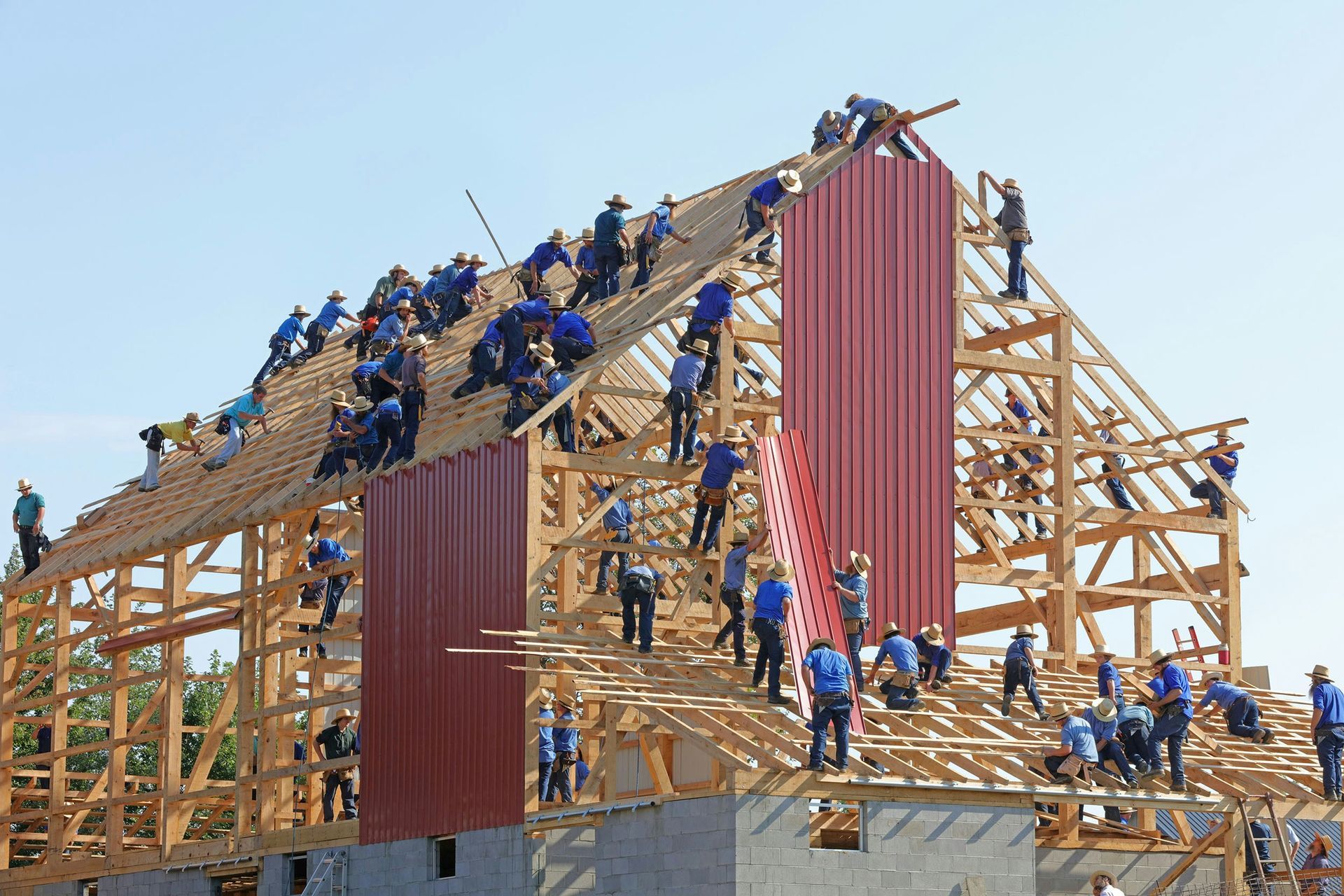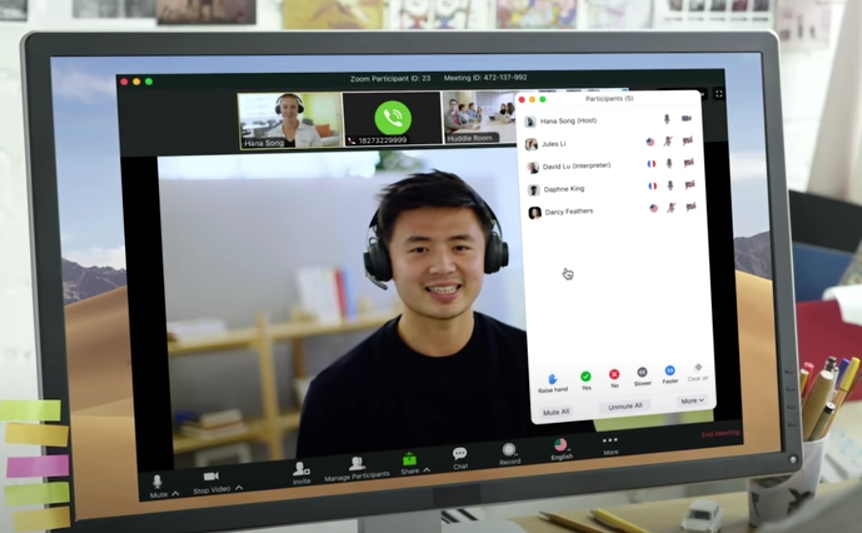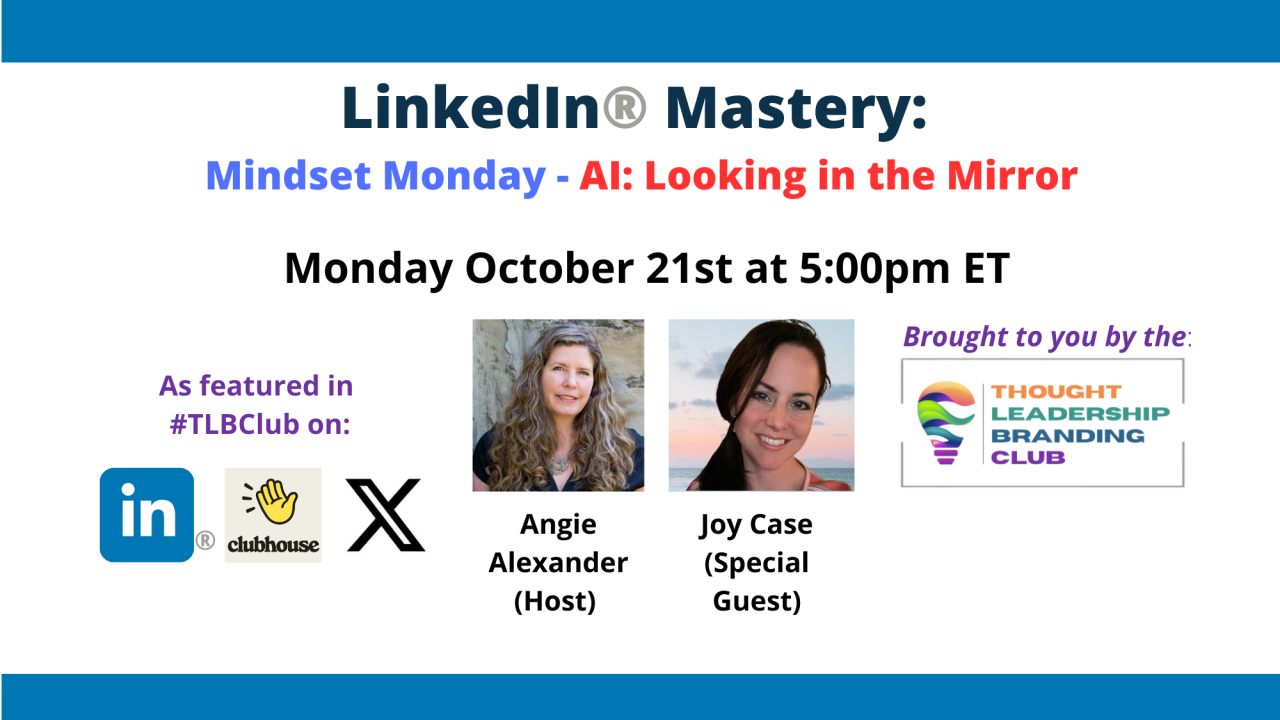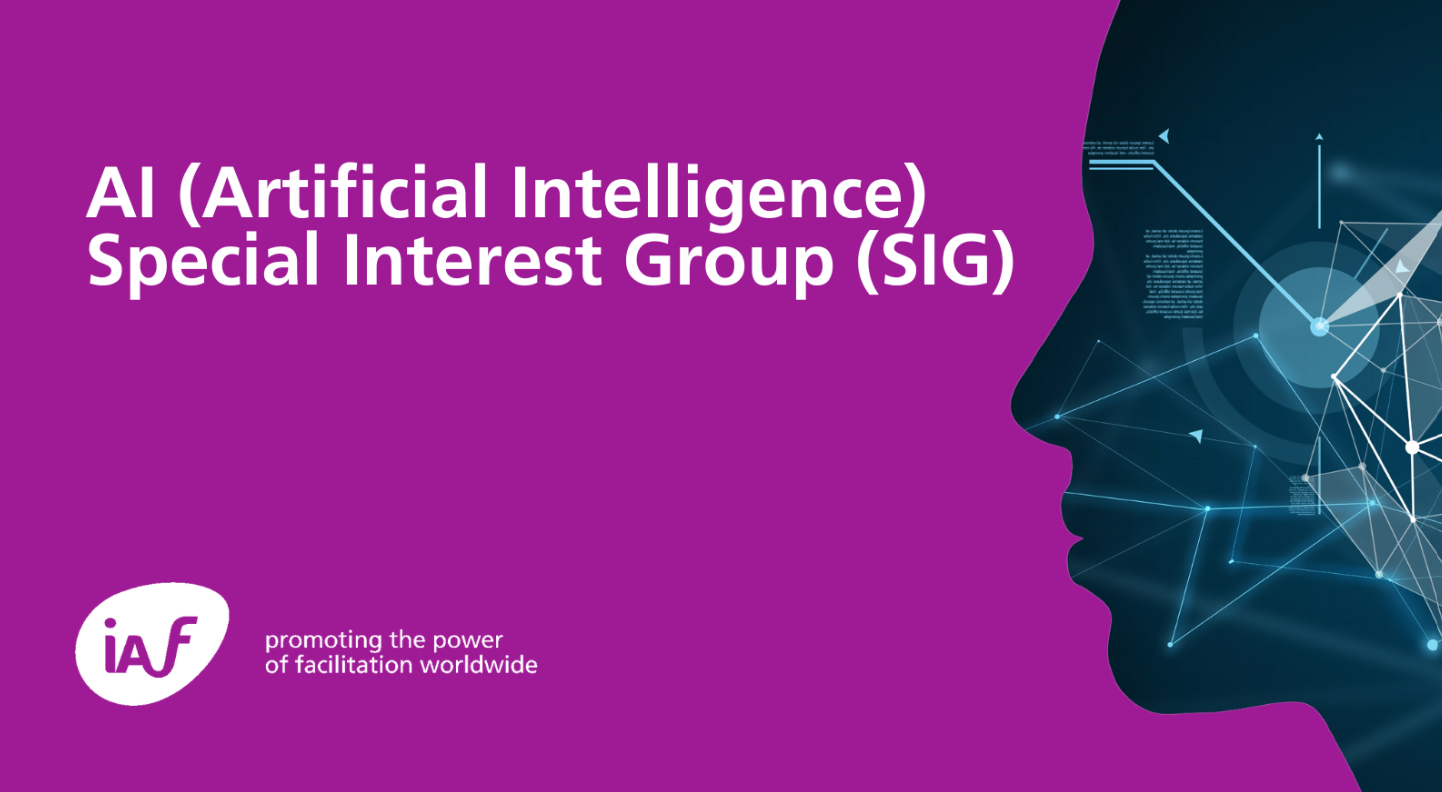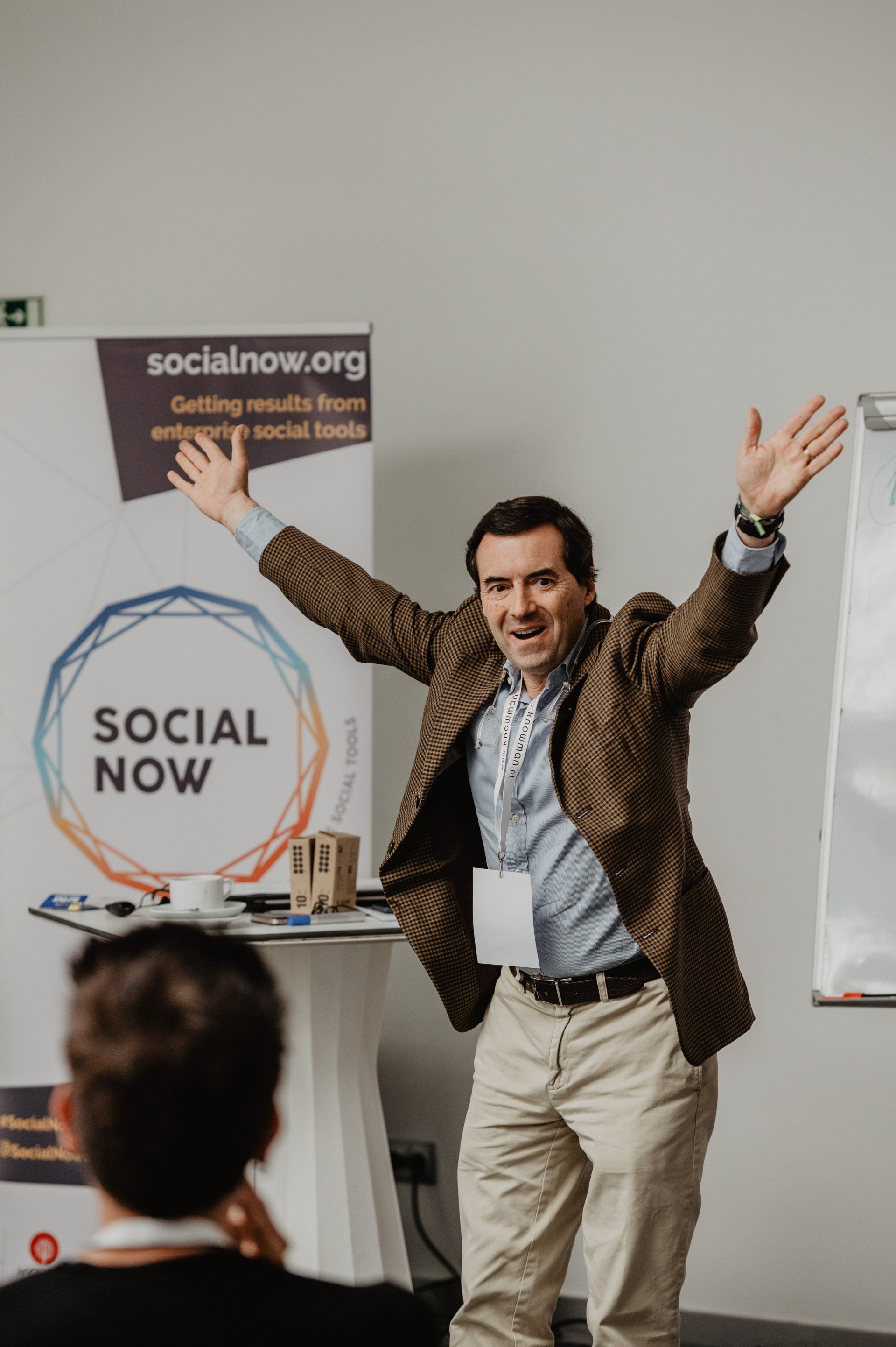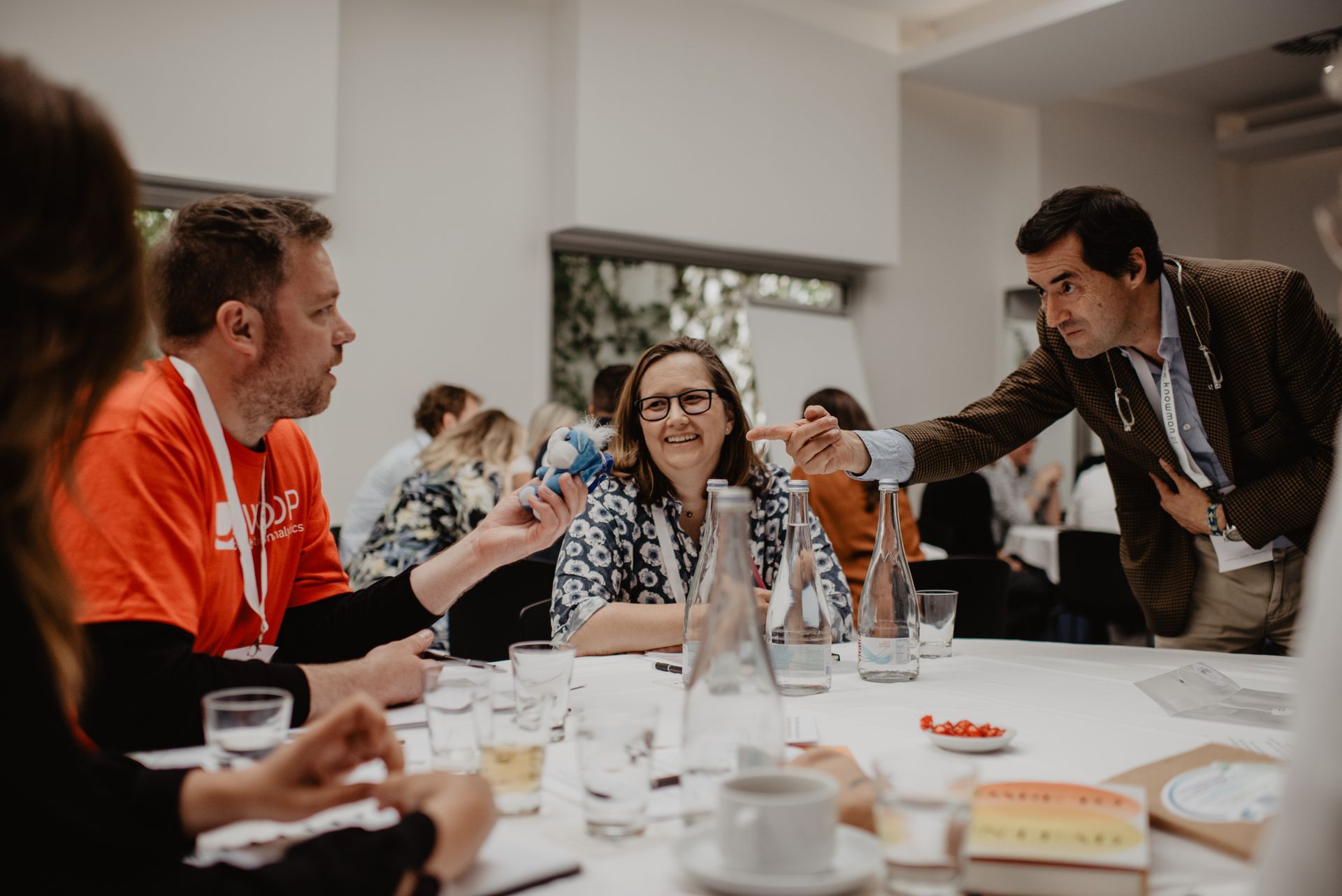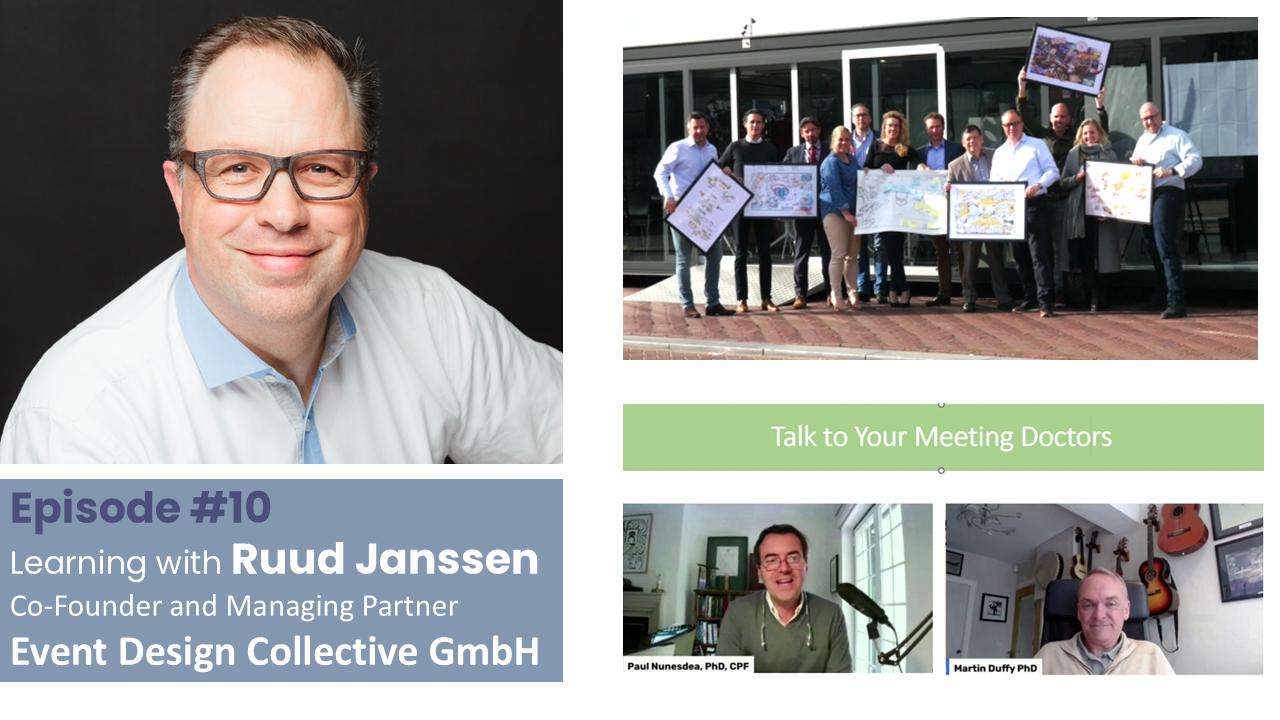
The Evolution of a Professional Facilitator: From Team Building to Organizational Change
From Facilitating Teams to Transforming Organizations: The New Role of Facilitators
Facilitation has grown far beyond the traditional team-building role. Today’s facilitators are evolving into key agents of organizational change, guiding businesses through complex transformations. By applying systems thinking, fostering strategic dialogue, and shaping organizational culture, facilitators help teams and leadership navigate change with clarity and collaboration. This evolution equips facilitators to move from simply improving team dynamics to driving long-lasting, strategic impact across the entire organization.

The role of a professional facilitator has evolved significantly over the years. Initially, facilitators were seen as experts in team building, focusing on improving group dynamics, communication, and trust within teams. While these skills remain essential, today's facilitators are increasingly stepping into the realm of organizational change.
Facilitators can now influence larger systems, helping organizations navigate complex challenges, implement transformative strategies, and foster sustainable collaboration. Here's how facilitators can evolve their role from traditional team-building to becoming key players in driving organizational transformation.
Moving Beyond the Room: Systems Thinking
Facilitators who once focused on the dynamics within a single meeting room can now apply Systems Thinking to view the organization as a whole. By understanding the interdependencies between teams, departments, and external stakeholders, facilitators can help organizations navigate change at the systemic level.
Tools like Soft Systems Methodology (SSM) enable facilitators to address complex, “messy” problems where multiple stakeholders have diverse perspectives. This approach shifts the facilitator’s focus from short-term interactions to long-term organizational impact.
Shaping Strategy, Not Just Execution
Facilitators are no longer limited to executing team-building exercises—they are now seen as valuable contributors to organizational strategy. They play a pivotal role in aligning leadership teams, clarifying visions, and creating consensus around change initiatives. Facilitators bring the skills to design and guide strategic conversations, ensuring that collaboration is at the heart of the decision-making process.
By facilitating strategic dialogue, they help organizations adopt new operating models and cultivate cultures of continuous improvement.
Cultivating Organizational Culture
While team-building focuses on improving the relationships within a team, facilitators now influence the broader organizational culture. Through facilitation, they help leadership and staff embrace collaborative mindsets, break down silos, and cultivate environments where innovation thrives. Facilitators work to ensure that organizational culture supports new processes and systems, rather than resisting them.
Leading Change Management Efforts
Facilitators play an essential role in guiding organizations through change. Whether implementing new technologies, restructuring teams, or shifting organizational priorities, a skilled facilitator can design change processes that are inclusive, transparent, and effective.
They facilitate conversations that reduce resistance to change, allowing stakeholders to voice concerns and actively participate in co-creating solutions. This helps anchor the changes in the organization’s day-to-day operations, ensuring long-term success.
Expanding Their Toolbox
Facilitators transitioning from team-building to organizational change need to expand their toolkit. This includes understanding leadership development, change management models, and tools like rich pictures, root cause analysis, and stakeholder mapping. These tools enable facilitators to guide larger, more complex projects and ensure alignment across the organization.
Conclusion
The evolution of a professional facilitator from team-building to organizational change is a natural progression. By expanding their scope, facilitators can have a greater impact on an organization’s culture, strategy, and long-term success. The ability to guide systemic changes and create environments that foster collaboration is what sets today's facilitators apart as key agents of transformation.
Watch here the last Episode of Talk to Your Meeting Doctors:
Learn More About Our
About us
My Meeting Support, through its parent company col.lab | collaboration laboratory Ltd, aims to revolutionize the way events and training programs are managed. By bringing together a community of experienced facilitators and leveraging the power of digital tools for collaboration we provide services that are not just about executing an event or a training session, but about crafting unique experiences that promote collaboration, learning, and engagement. It's about fostering connections and creating environments where ideas can thrive and lead to actionable outcomes. This approach ensures that every event is not just a fleeting moment but a lasting impact.
"Talk To Your Meeting Doctors" is a dynamic and engaging series that aims to address common challenges faced in meetings and offer expert advice and strategies to enhance meeting effectiveness. As co-hosts, Martin Duffy and Paul Nunesdea bring their wealth of experience and expertise to the forefront by hosting conversations with renowned guest speakers sharing practical insights and facilitating discussions on topics such as meeting design, participant engagement, decision-making processes, and fostering a culture of collaboration.
This LinkedIn Live event series serves as a valuable platform for professionals from diverse industries and backgrounds to gain actionable knowledge, exchange ideas, and discover innovative approaches to optimize their meeting experiences.
Check out the next upcoming episodes: here

Follow Us
"Be brave enough to start conversations that matter and shift the direction of change for the better."
col.lab | collaboration laboratory is a spin-off from the book series " Architecting Collaboration " and our privacy policy can be consulted here
My Meeting Support is an event services brand by col.lab | collaboration laboratory





